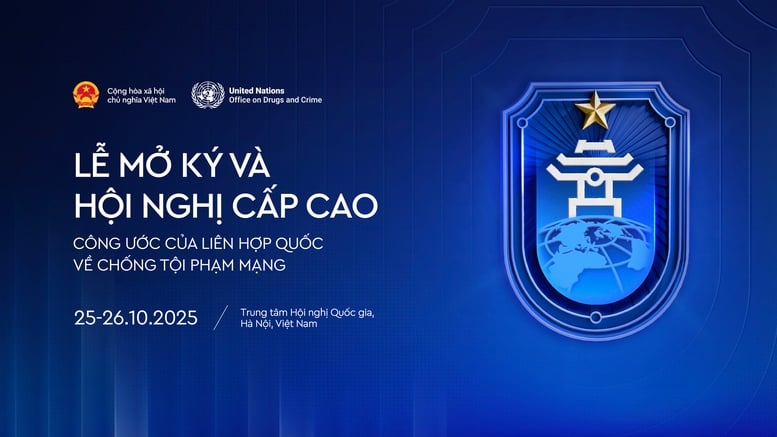
The signing ceremony of the UN Convention against Cybercrime with the theme "Combating Cybercrime - Sharing Responsibility - Looking Forward" will take place in Hanoi on October 25-26.
The convention marks the first global framework to comprehensively address cybercrime, amid growing digital threats and pressure on cybersecurity systems. It aims to tackle a wide range of crimes – from online fraud and ransomware to human trafficking and online hate speech – in a bid to curb practices that cost the global economy trillions of dollars each year.
The convention will enter into force once ratified by at least 40 UN member states and is then likely to become the cornerstone of global cyber governance. On unodc.org, the UN Office on Drugs and Cybercrime (UNODC, which led the negotiations on the Hanoi Convention) said that the convention includes provisions to protect human rights and allow states to refuse requests for cooperation that are inconsistent with international law, while encouraging states to allow legitimate research activities. Signing the convention would help improve the following.
First, collecting and sharing electronic evidence : One of the main objectives of the Hanoi Convention is to ensure that all countries that ratify the Convention define electronic evidence in a uniform way and apply the same standards when collecting this type of evidence. This means that when one country shares electronic evidence with another country to prosecute cybercrime, that evidence can be legally accepted in the courts of the receiving country.
Second, international cooperation : By signing and ratifying the Convention, countries acknowledge that cybercrime is an existential threat to global security. Unified international rules and regulations, along with the sharing of expertise, resources and strong political will under the Convention, will help streamline the process of preventing and prosecuting cybercrime, enhance international response capacity and build a safer digital future.
The signing ceremony of the Hanoi Convention was attended by UN Secretary-General António Guterres. Many countries confirmed that they will send representatives to attend and sign the Convention. According to the World Bank (WB) Blog, if effectively implemented, the UN Convention against Cybercrime can contribute to realizing the promise of the digital age, helping people take advantage of online opportunities without worrying about fraud, abuse or online threats. Without common definitions and tools (such as mutual legal assistance), efforts to combat cybercrime will be ineffective, harming online safety.
The Hanoi Convention builds on more than two decades of international initiatives to enhance judicial and law enforcement cooperation in this area. The Budapest Convention on Cybercrime, adopted in 2001, was the first binding international framework in this area. More than 80 States are currently parties to the Budapest Convention, of which about half are outside Europe. The signing of the Hanoi Convention will undoubtedly be an important milestone.
Foreign experts talk about the Hanoi Convention
Mr. Artur Liukmanov - Director of the Department of International Information Security of the Russian Foreign Ministry and Special Representative of the President of the Russian Federation for international cooperation in the field of information security, had an interview with VNA reporters in Moscow, assessing this important event as well as the cooperation relationship between Russia and Vietnam in the field of cyber security.
Mr. Artur Liukmanov said that since the inception of the Hanoi Convention, the Russian Federation has actively supported Vietnam at the plenary session of the UN General Assembly in December 2024, and has closely coordinated with Vietnamese agencies to prepare for the signing ceremony. Russia and Vietnam have jointly organized many activities such as large-scale cyber-attack prevention and control training, capacity building workshops and technical support for the fight against cybercrime. He affirmed that Vietnam is completely worthy of the honor of being chosen as the venue for the first UN Convention on Cybercrime Prevention and Control after 20 years, and Russia is also proud to contribute to the common efforts of the international community in this field.
Professor Carl Thayer at the Australian Defence Force Academy, University of New South Wales , said the current state of cybercrime in the world is alarming. In the past 10 years, the damage caused by cybercrime has tripled, from 3,000 billion USD to 9,000 billion USD, and is expected to reach 14,000 billion USD by 2026 due to the explosion of information technology devices, especially the popularity of artificial intelligence (AI).
In that context, Professor Carl Thayer said that the birth of the Hanoi Convention is of special importance. This is the first UN convention in the past 20 years to address a transnational issue. Vietnam was chosen as the venue for the signing ceremony of the Convention because Vietnam has always played a proactive role in preventing cybercrime. In terms of cybersecurity, Vietnam ranks 17th out of 194 countries in the world in terms of security capabilities. Therefore, according to Professor Carl Thayer, Vietnam can play a leading role in this field.
Commenting on Vietnam's role and position in international cooperation on cyber security as well as in promoting multilateral policies and solving global issues, especially when Vietnam was chosen as the place to sign the Hanoi Convention, Professor Carl Thayer said that it was the result of multilateral diplomacy. Vietnam was elected twice to the UN Security Council, twice to the Human Rights Council. Vietnam received broad support from countries in the Asian region, received great support at the General Assembly and is currently actively solving a problem that every country in the world has to face, which is cybercrime. In ASEAN in particular, Vietnam is playing a leading role, especially when Vietnam has established comprehensive strategic partnerships with 4 countries of this bloc.
UNODC Chief of Office Xiaohong Li expressed her confidence and appreciation for Vietnam's leadership and spirit in hosting the signing ceremony of the Convention. She stressed that this is an important event and milestone reflecting Vietnam's commitment to collective solutions to global threats. Vietnam has played a constructive and inclusive role throughout the five-year negotiation process, helping to narrow differences, leading to the signing ceremony in Hanoi. She stressed that the UN's consensus in choosing Hanoi as the venue for the signing ceremony is a strong message, clearly demonstrating multilateralism in action. Vietnam has demonstrated its prestige and position as a responsible member, a trustworthy partner, always playing a constructive role in the UN and the international community.
The event of organizing the signing ceremony of the UN Convention against Cybercrime with the theme "Combating Cybercrime - Sharing Responsibility - Looking to the Future" in Hanoi is even more meaningful in the context that Asia is becoming the region facing the greatest threat from cybercrime. She expressed her belief that Vietnam will continue to play an active role in protecting and implementing the Convention.
Master Thong Mengdavid, geopolitical and international affairs analyst at the Institute for International Studies and Public Policy (IISPP) of the Royal University of Phnom Penh (RUPP), said the Hanoi Convention on Cybercrime demonstrates Vietnam's strong commitment to promoting global solutions to establish legal mechanisms or international institutions, especially gathering countries to join in solving the problem of cybercrime - a global issue, in the spirit of multilateralism and respect for international law.
According to the Cambodian expert, the main content of the Hanoi Convention focuses on the issue of law enforcement. Among these, one of the most important contents is to focus on creating a harmonious world in international cooperation, sharing information and evidence related to online fraud crimes, as well as law enforcement activities against criminals. In addition, the Hanoi Convention also plays a role as a legal pillar for cross-border digital cooperation within the UN framework, helping to perfect the legal framework on counter-terrorism, money laundering and human trafficking.
Expert Thong Mengdavid expects Southeast Asian countries to take advantage of the upcoming forum in Hanoi as an opportunity to establish framework standards and improve the region's common cybersecurity system. He stressed that these efforts will not only contribute to strengthening ASEAN's central role in shaping digital norms in the Indo-Pacific region, but also promote more effective cooperation in preventing high-tech crimes, creating confidence for investors, as well as allowing e-commerce, financial technology and cross-border digital trade to develop more strongly, safely and reliably in the ASEAN region./.
Source: https://baochinhphu.vn/le-mo-ky-cong-uoc-ha-noi-thu-hut-su-quan-tam-cua-cac-chuyen-gia-hang-thong-tan-quoc-te-102251024143039422.htm



![[Photo] Prime Minister Pham Minh Chinh and United Nations Secretary-General Antonio Guterres attend the Press Conference of the Hanoi Convention Signing Ceremony](https://vphoto.vietnam.vn/thumb/1200x675/vietnam/resource/IMAGE/2025/10/25/1761391413866_conguoctt-jpg.webp)
![[Photo] National Assembly Chairman Tran Thanh Man receives United Nations Secretary-General Antonio Guterres](https://vphoto.vietnam.vn/thumb/1200x675/vietnam/resource/IMAGE/2025/10/25/1761390815792_ctqh-jpg.webp)
![[Photo] Prime Minister Pham Minh Chinh receives United Nations Secretary-General Antonio Guterres](https://vphoto.vietnam.vn/thumb/1200x675/vietnam/resource/IMAGE/2025/10/25/1761390212729_dsc-1484-jpg.webp)





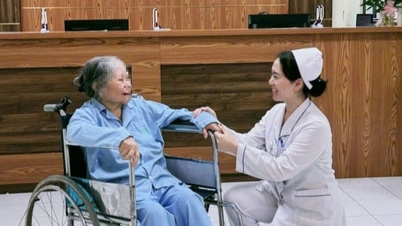

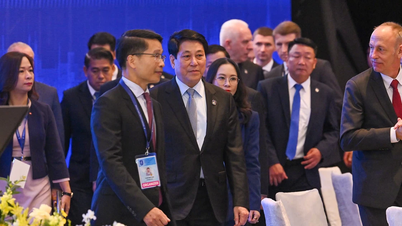

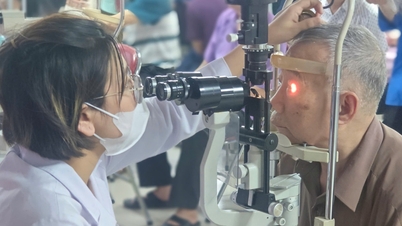









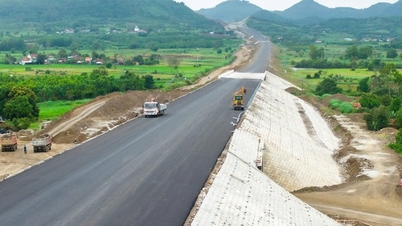

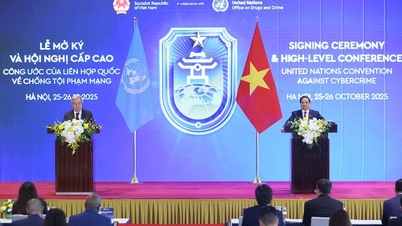
![[Photo] General Secretary To Lam meets with General Secretary and President of Laos Thongloun Sisoulith](https://vphoto.vietnam.vn/thumb/1200x675/vietnam/resource/IMAGE/2025/10/25/1761380913135_a1-bnd-4751-1374-7632-jpg.webp)


































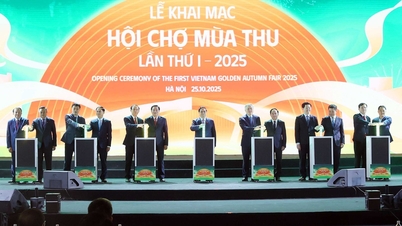

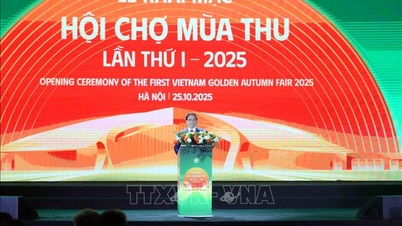
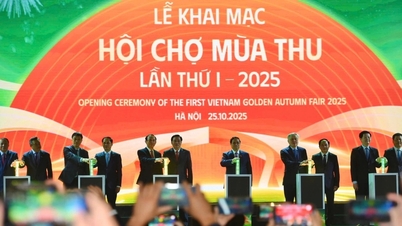
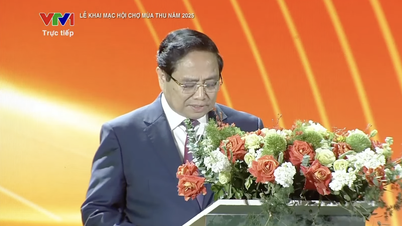




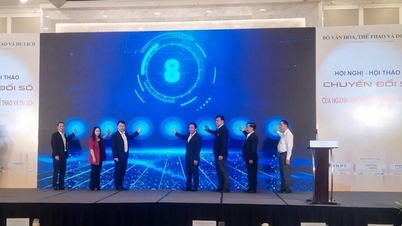

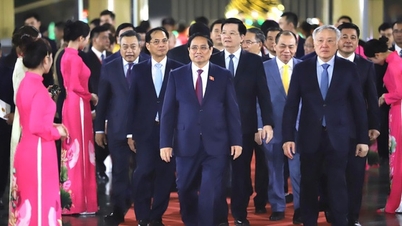
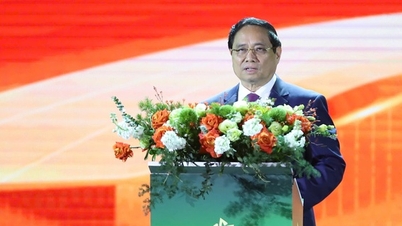
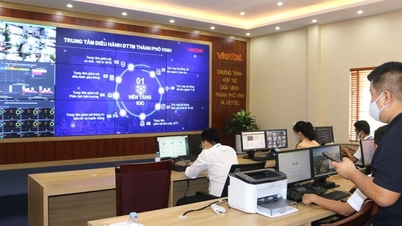

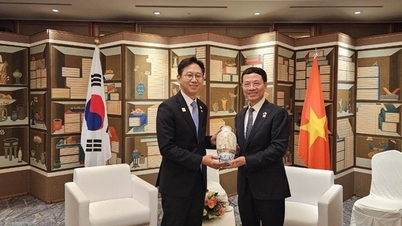
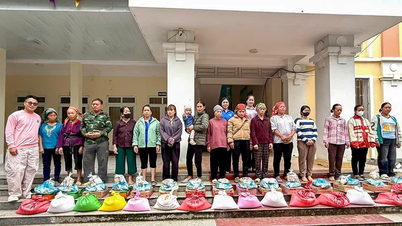


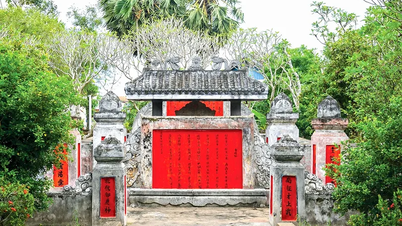
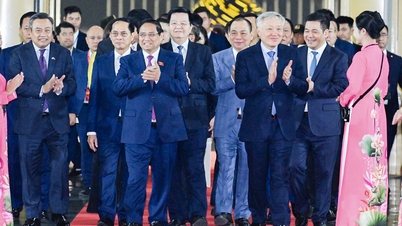



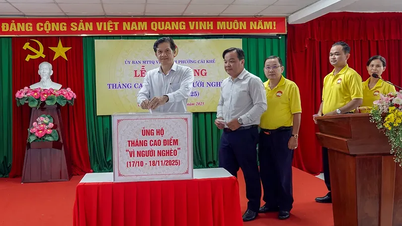
















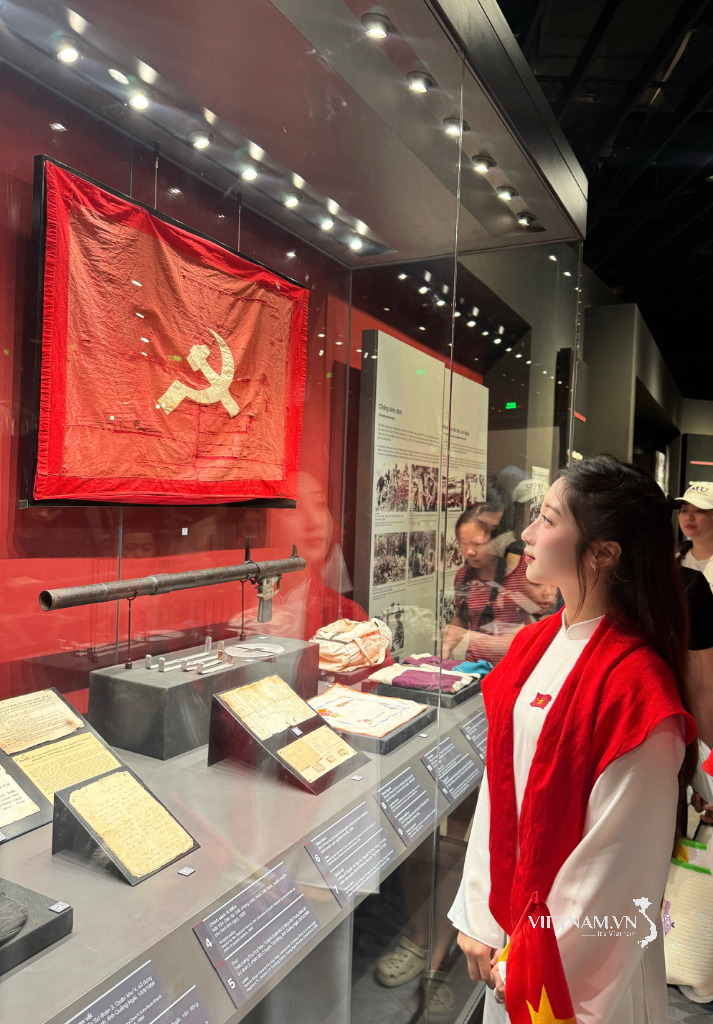
Comment (0)